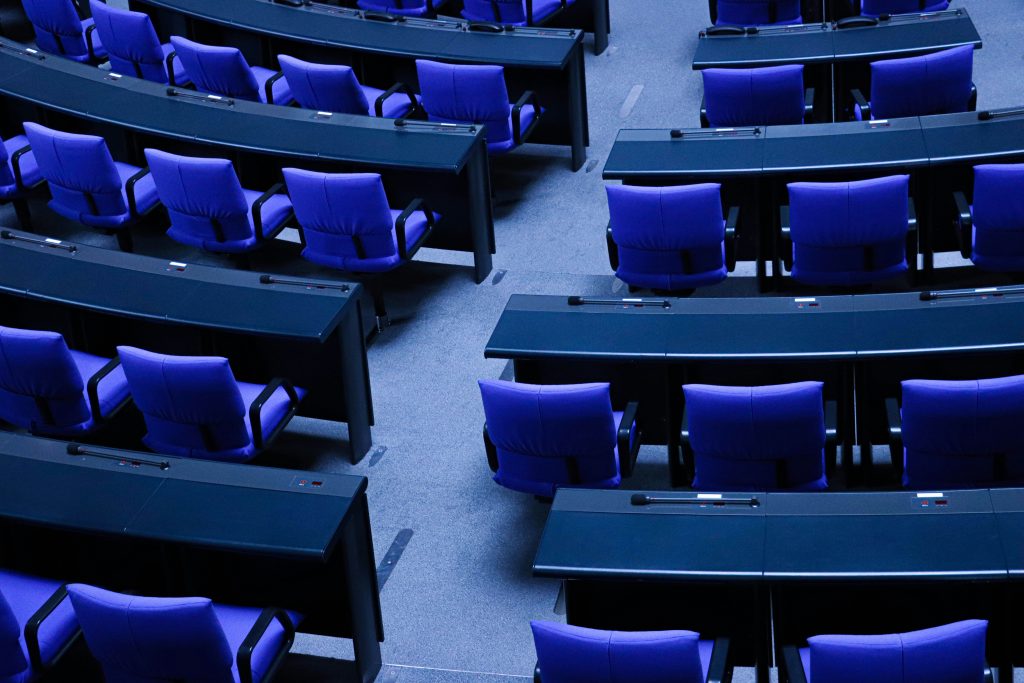National parliaments: their emerging control over the European Council

National Parliaments have started to control European Council meetings and Euro summits. This Policy Paper identifies seven models of control across the 27 Member States and formulates twelve recommendations for a better control.
The European Council plays an increasingly important role in the governance of the European Union. In addition, since 2008, Euro summits have taken place at level of the heads of state and government of the member states whose currency is the euro. This Policy Paper analyses the emerging control over European Council meetings and Euro summits that is exercised by national parliaments. The authors examine at what point in time the 27 national parliaments control, whether control takes place in committee or in the plenary, how intensively that control is exercised, and what model of control the individual national parliaments follow.




